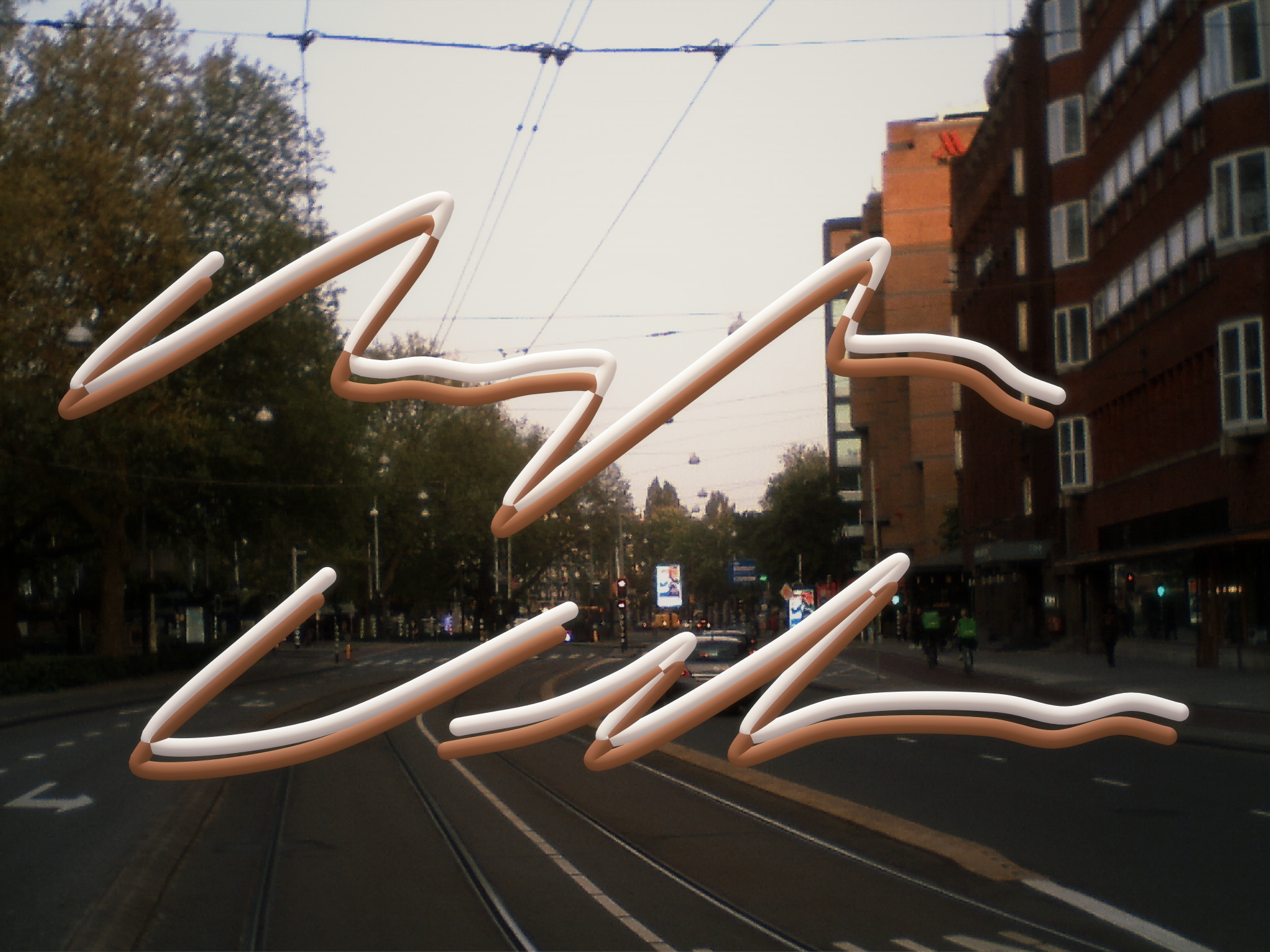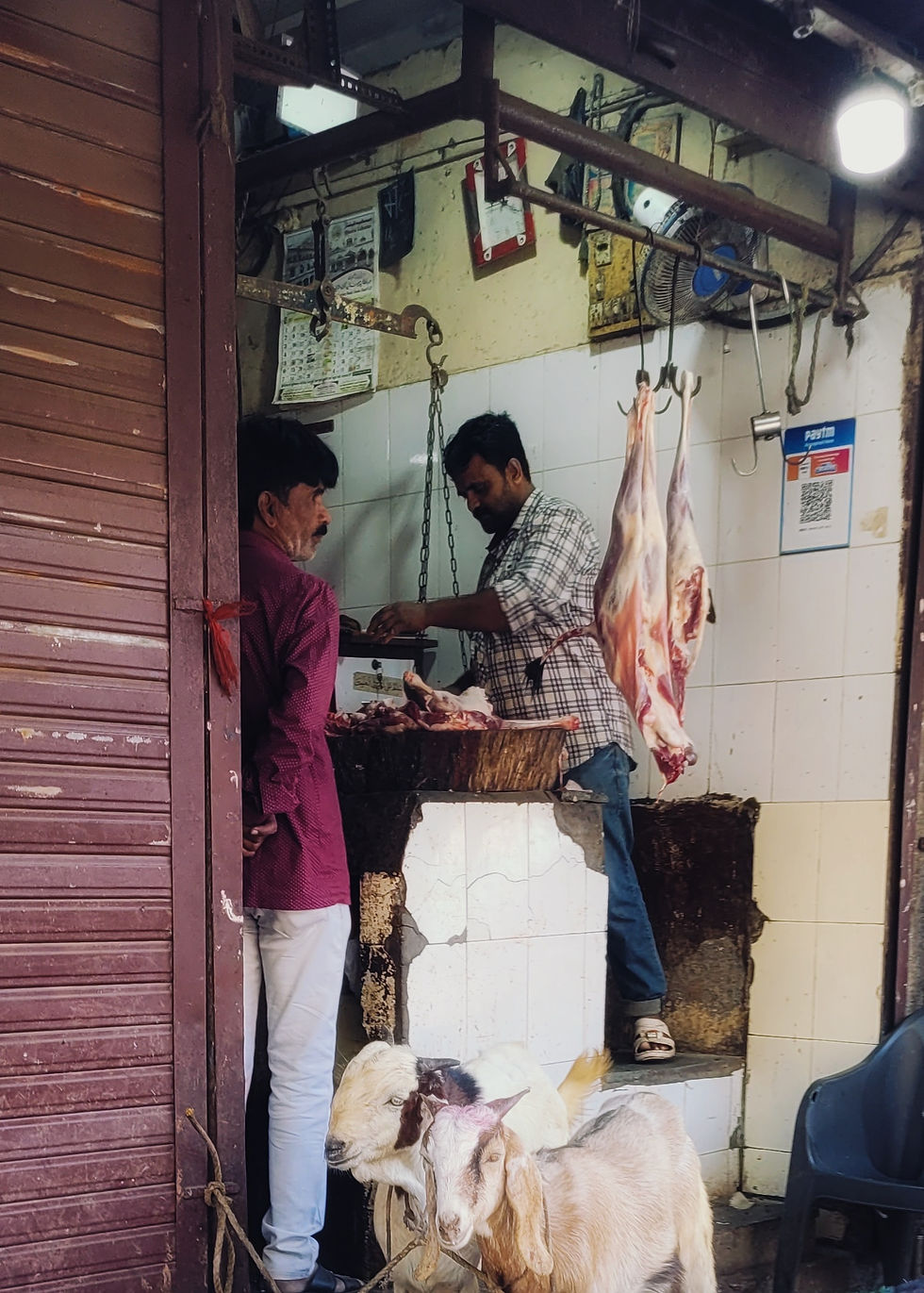Brain Gain 7 - Globalisation Restricted to World Metropolises
- Specialized Generalist

- Jan 21, 2024
- 5 min read
Through my exchange to Ljubljana Slovenia (2022-2023) and in my second year of studying Media following the international track, I came to realize that the international student community I found and (still) find myself in lives in the 'world' of Metropolises and not in the Nation(hood) to which these Metropolises belong.
Globalisation is a term that carries interest among many people and has apparently already influenced many around the globe. There are millions of Google searches for the term, and in practice, it appears that many people exhibit a (sense of) 'Globalised' behavior. People increasingly (easily) travel to unprecedentedly distant places, study and work in other continents and countries, and local parties continuously protest about issues present in countries other than their own (Dreher, Gaston, and Martens 2008). However, these are expressions of (people) merely utilizing and taking advantage of Globalised infrastructures emphasizing 'bridging distances', but how do we describe the culture of Globalisation and how 'global' is this sense of Globalisation actually? I will argue through an example, a case study of my experiences, that the sense, the feeling, the idea of Globalisation is singular – devoid of the world's diversity – and limited to places, namely Metropolises, that afford these closing global distances creating a (new) culture that may span across the globe, but isn't rooted in local cultures and rather (even) exists beside them.
On my travels from Amsterdam to Ljubljana, passing Berlin, Prague, and Budapest, I spent the nights in (student) hostels. In these settings, I was exposed to people from all over the world who, just like me, were traveling around Europe or even the world. But I soon discovered that – quite logically – we often visited the same attractions and therefore shared the same experiences. I also discovered that hostels have become a Metropolitan and therefore (I'm trying to argue) a Globalised concept. There were no Berliners in my hostels in Berlin, no Pragueans in my hostel in Prague, and no Budapesters in my hostel in Budapest. Moreover, a Moroccan woman ran my hostel in Berlin, my hostels in Prague and Budapest were well-known hostelchains throughout Europe, and my hostel during the first two weeks of my stay in Ljubljana was run by a Chinese family. The presence of diverse backgrounds in these environments and scenarios may at first-hand hint at (successful) Globalisation, but when talking to my friends who went on exchanges to countries in other continents like Singapore, Canada, and Australia they expressed encountering similar experiences and meeting similar people with similar backgrounds. Whether I'd be in (hostels in) Berlin, Prague, Budapest, or Ljubljana, or for that case – believing the stories of my friends in other continents – in Singapore, Ottowa, or Melbourne I'd still meet an Italian, American, Brit, Indian, Chinese, or Mexican. But until that point, it still wasn't apparent to me that this Globalised composition of people and establishments was limited to Metropolises.
It was only after returning from my exchange in Ljubljana to Amsterdam continuing my Media studies, that it became clear to me that Globalisation was limited to its infrastructures and Metropolises. Soon after my arrival back in Amsterdam there were national elections in The Netherlands transforming the cities', including Amsterdam's, panorama and visual plane. Everywhere there were promotional signs of political parties and their leaders, members of many parties held rallies and door-to-door campaigns handing out flyers and stickers. The Dutch newsstation invested in many live televised discussions between parties, and also the Dutch public broadcasting organization NOS, which has close to a million followers on Instagram and TikTok, posted daily on the elections using contemporary 'Gen-Z' formats. You would think that in this politically enhanced environment just before the elections all people who live and walk (with their eyes open) would be aware of the run-up to the national elections. Yet this was not (totally) the case. When Geert Wilders from the PVV party and Pieter Omtzigt from the NSC party appeared victorious, I decided to ask my fellow international students in my Media seminar classes what they thought of these results. And it was in these interactions that I (really) became dissapointedly awear of their Globalised Metropolitan bubble. When I asked the Serbian student next to me if she followed the elections and their results a bit and what she thought about them – which (through my initiative) then bubbled up into a class discussion not long after – she simply said "no, why, what happened, what are the results?". I then – completely flabbergasted – explained to her and by then also the entire 'international' class, that the central theme in these elections was 'migration' and that one of the victorious parties (PVV) had included in their campaign that the influx of refugees must be stopped, the Netherlands must leave the EU and that Islam must be expelled from the country. I added that the other victorious party (NSC) wants to reduce the teaching in English at universities and sharply reduce the influx of international students to The Netherlands – astonishingly the category of people I am explaining this to! I then realized that these people could better and easier find their way in other Metropolitan cities than in a village two hours away from Amsterdam.
At that point it had become clear to me that these international students, my colleagues and peers, might live, work and study in Amsterdam, but don't reside in The Netherlands at all. Through this experience, combined with my experience of singularity in international cultures abroad, it then became obvious to me that these students might aswell study Media in New York, Ottowa, Mumbai, or Cape Town. So if you ask me, Globalisation, then, might be experienced through the reduction of global distances, but is singular in composition and type of people and is restricted to the Metropolises of the world.
In conclusion, my journeys during my exchange to Ljubljana, the subsequent experiences within the globalized tapestry of Metropolitan life, and discussions with my international Peers about critical national elections in The Netherlands have led me to a poignant realization. While the term "Globalisation" may be widely employed and the world seems more interconnected than ever, the essence of this phenomenon is, in reality, confined to the landscapes of Metropolises. The veneer of diversity encountered in international (student) communities mirrors not a mosaic of global cultures but rather a shared and singular Metropolitan culture that transcends borders. It is a culture that may span the globe, yet it is not deeply rooted in the rich tapestry of local traditions and identities. The themes of the last Dutch elections – migration, EU membership, and educational policies affecting international students – were apprantly invisible for or met with indifference by those who ostensibly live, work, and study in Amsterdam. The realization struck that, despite physically residing in a city within The Netherlands, their true residence was in a globalised Metropolitan bubble, similar to those I encountered, and resided in myself.
Hence, my plea is not a dismissal of the benefits of globalization but a nuanced examination of its contours. While we celebrate in the convenience of reduced global distances, we must recognize the (risk of) singularity of this experience. Globalisation, in its truest sense, is not an omnipresent force shaping the entire world uniformly (and maybe doesn't have to be, but); instead, it is an exclusive club, a phenomenon restricted to the Metropolises that weave and determine the fabric of our interconnected world and what Globalisation means. In this reflection, I advocate for a broader understanding of Globalisation – one that acknowledges its limitations and challenges the assumption that a Globalised experience is universally shared. As we navigate the complexities of our interconnected world, let us strive to appreciate the diversity beyond the Metropolitan centers, recognizing that the true essence of Globalisation lies not only in the bridges we build but also in the landscapes we traverse.

Bibliography
Dreher, Axel, Noel Gaston, and Pim Martens. 2008. “Measuring Globalisation.” Gauging Its Consequences Springer, New York.




https://hotelin.com/hotels/Chile/Bio-Bio/San-Pedro-de-la-Paz/All-inclusive - It’s fascinating how hostels have evolved into global hubs for travelers. I had a similar experience while traveling through Europe, meeting people from all over the world with similar itineraries. It’s like being part of a shared global journey.